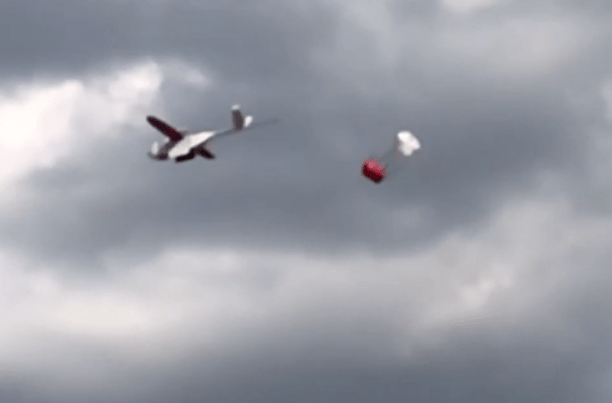The Drone Integration Pilot Program (IPP) announced by the Trump administration last year has generated tremendous interest in the U.S. Both state and local governments and drone industry players have applied for the opportunity to have a voice in drone integration: of the hundreds of applications the FAA has selected 10 partners to kick off the program.
The 10 selected partners are:
- Choctaw Nation of Oklahoma, Durant, OK
- City of San Diego, CA
- Virginia Tech – Center for Innovative Technology, Herndon, VA
- Kansas Department of Transportation, Topeka, KS
- Lee County Mosquito Control District, Ft. Myers, FL
- Memphis-Shelby County Airport Authority, Memphis, TN
- North Carolina Department of Transportation, Raleigh, NC
- North Dakota Department of Transportation, Bismarck, ND
- City of Reno, NV
- University of Alaska-Fairbanks, Fairbanks, AK
The idea of the IPP is for state, local and tribal governments to have the opportunity to field drone applications which might currently be out of the bounds of regular flight. Partnered with technology providers, the governments will develop programs that benefit their communities: they will then provide feedback on these programs to the FAA to inform future regulations.
It’s a program that state, local and tribal governments applaud: providing them a voice in airspace regulation. And it’s important to the industry, anxious to move drone integration forward as quickly as possible: major commercial applications will finally be tested in the U.S. as part of the IPP. In North Carolina, drone delivery company Zipline will be able to move forward on medical delivery in the U.S., already successfully proven in Rwanda and Tanzania. Zipline’s CEO, Keller Rinaudo, said: “Today is an important first step towards bringing Zipline’s lifesaving drone delivery technology to the United States… We look forward to bringing this life-saving service to the United States in the coming months.” The project in Reno, NV will also focus on medical delivery, with leading delivery partner Flirtey. The VA Tech project will also explore both urban and rural drone delivery. Other projects include border patrol applications and mosquito control.
DJI Spokesman Brendan Schulman also provided comment on the selections. “Businesses, governments, nonprofits, academics and many others want to be able to use drones in their work, and the proposals selected today will make significant progress in helping America accomplish that goal while protecting safety and addressing local concerns,” Schulman said. “Soliciting a wide range of ideas and testing them across the country is a smart strategy for integrating drones into the country’s airspace.”
Airspace intelligence firm AirMap will participate on 6 of the 10 IPP projects; co-founder Greg McNeal applauds the collaborative approach to rulemaking that the IPP represents. “Drones are a transformative technology and for them to truly become a part of everyday life the industry must work with state and local stakeholders who work and live where these drones will operate.”
“The genius of the IPP is that it relies on collaboration to open the skies, harmonizing the way society balances the concerns of some communities with our desire to quickly achieve the full promise of drone technology.”
Miriam McNabb is the Editor-in-Chief of DRONELIFE and CEO of JobForDrones, a professional drone services marketplace, and a fascinated observer of the emerging drone industry and the regulatory environment for drones. Miriam has penned over 3,000 articles focused on the commercial drone space and is an international speaker and recognized figure in the industry. Miriam has a degree from the University of Chicago and over 20 years of experience in high tech sales and marketing for new technologies.
For drone industry consulting or writing, Email Miriam.
TWITTER:@spaldingbarker
Subscribe to DroneLife here.
